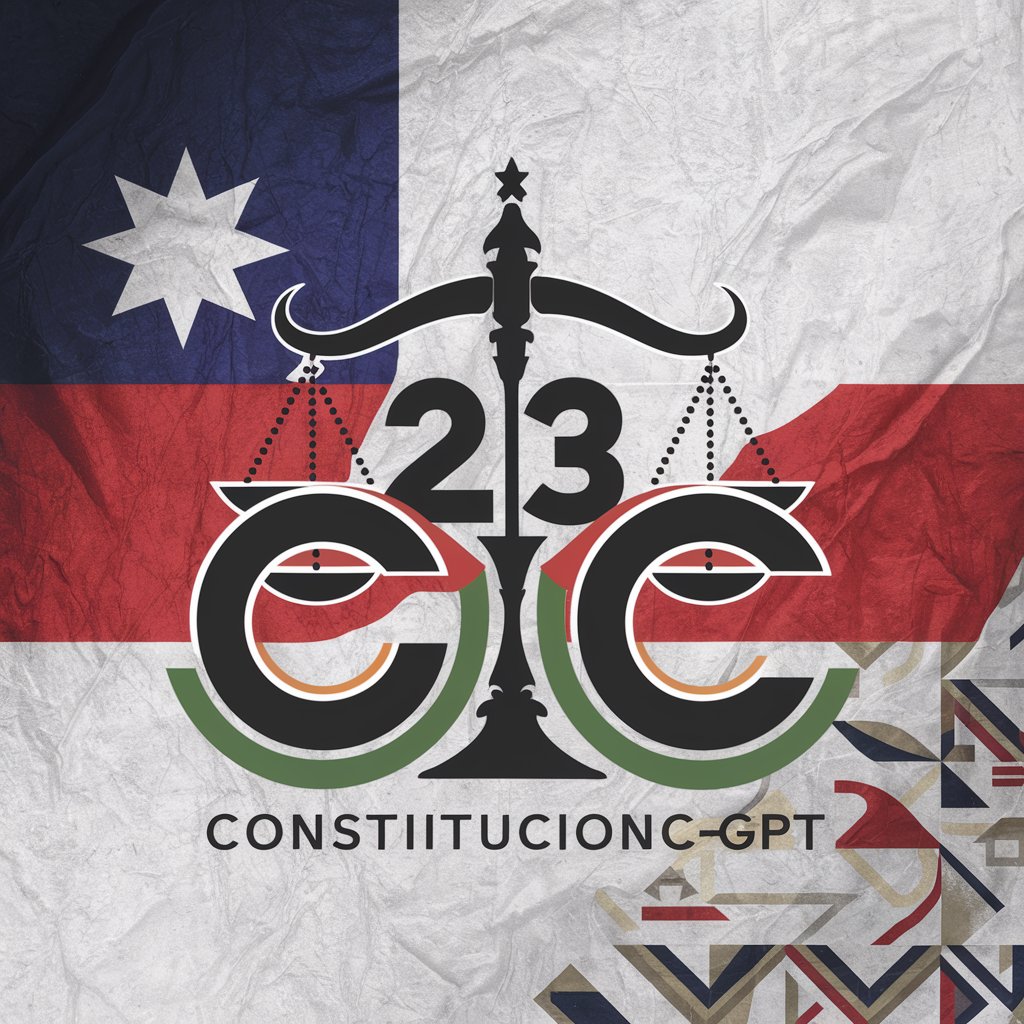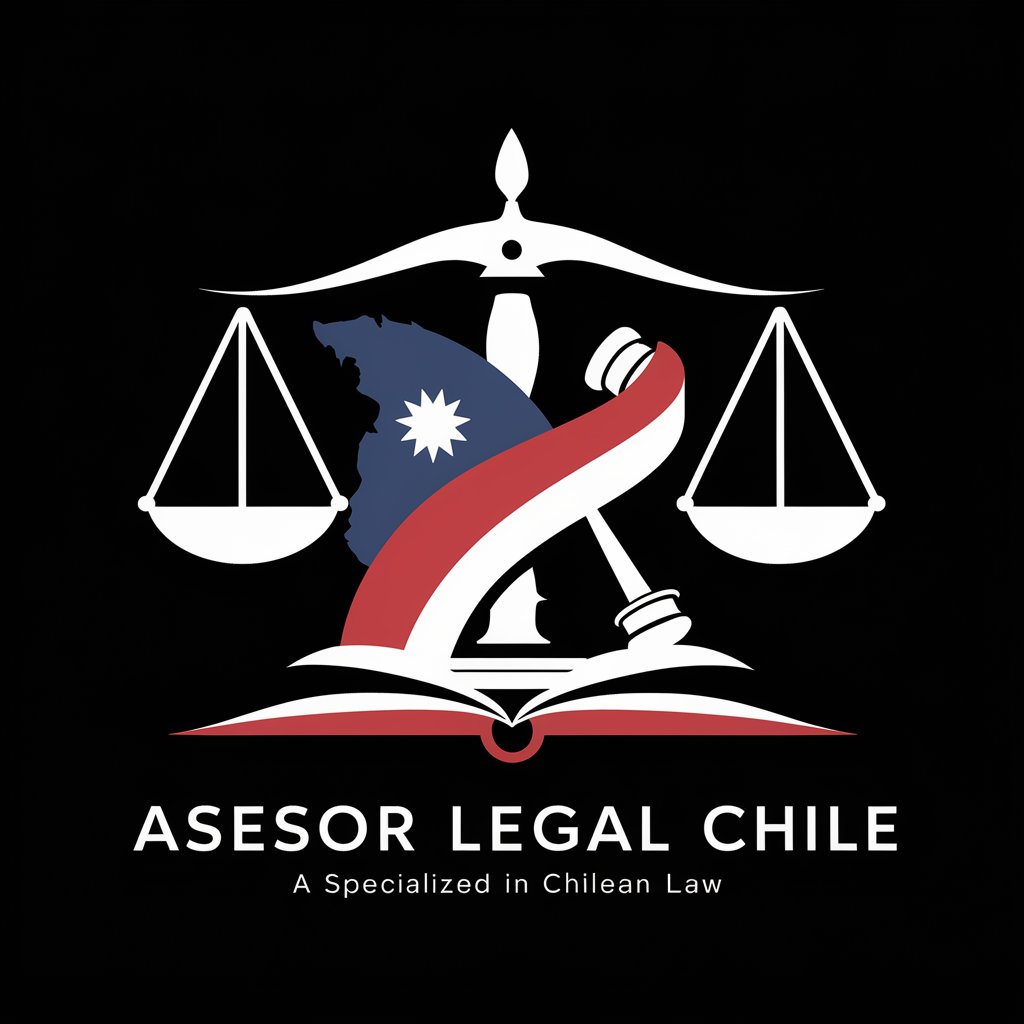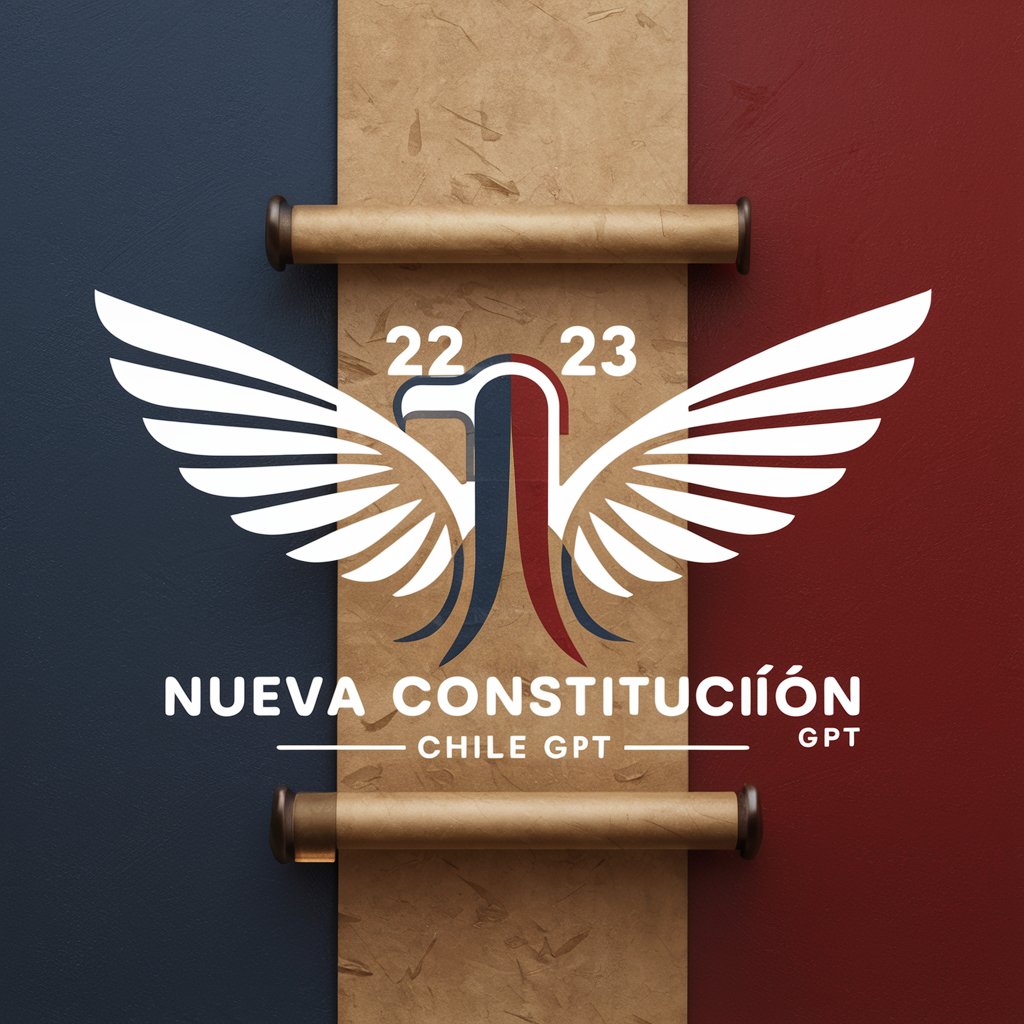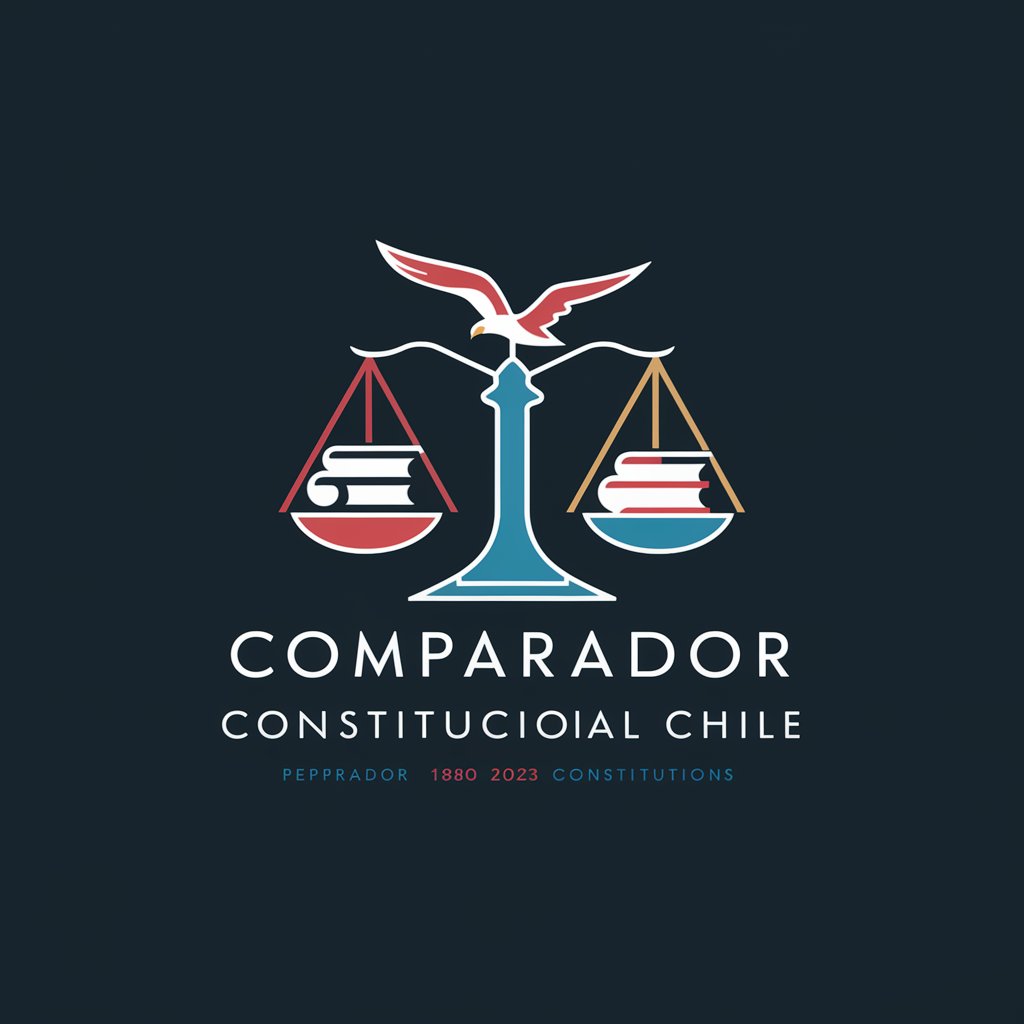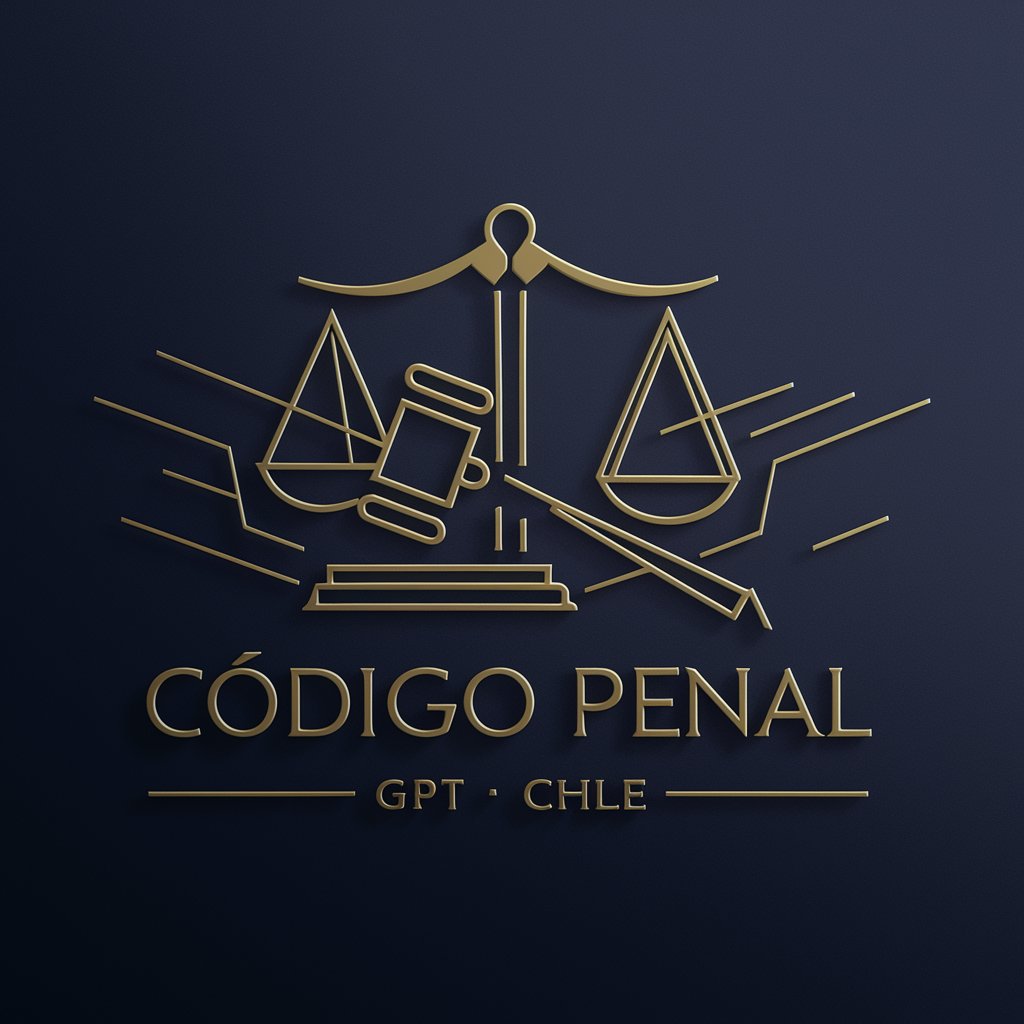
Ley de Comunidades Agrícolas de Chile DFL-5 - Agricultural Community Law Guide
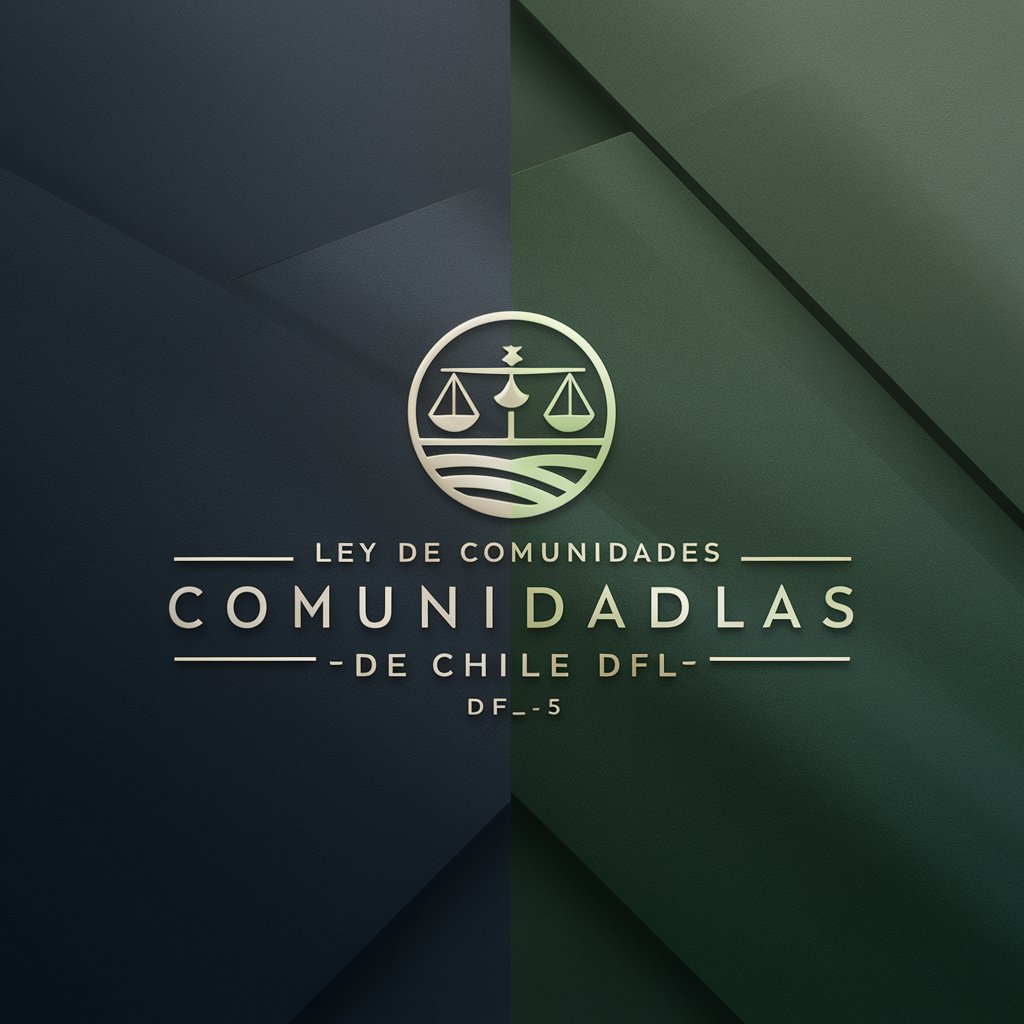
Welcome! How can I assist you with the Ley de Comunidades Agrícolas de Chile today?
Navigate Chile's rural community law with AI
Explain the requirements for forming an Agricultural Community under Article
What are the legal responsibilities of community members according to Article
Describe the process for resolving disputes within an Agricultural Community as outlined in Article
What are the steps for electing the board of directors in an Agricultural Community per Article
Get Embed Code
Introduction to Ley de Comunidades Agrícolas de Chile DFL-5
Ley de Comunidades Agrícolas de Chile DFL-5, established in 1967 and updated in 1993, is designed to regulate the constitution, organization, and operation of agricultural communities in Chile. These communities are defined as groups of property owners of a common rural land, which they occupy, exploit, or cultivate collectively, and are organized under this legal framework. The law grants these communities legal personality upon registration, enabling them to exercise rights, incur obligations, and be represented legally. An example scenario illustrating its purpose is the formal organization of a group of farmers sharing and managing common land, ensuring legal recognition and support for their collective agricultural activities. Powered by ChatGPT-4o。

Main Functions of Ley de Comunidades Agrícolas de Chile DFL-5
Constitution and organization of agricultural communities
Example
Registration of a new community in the Conservador de Bienes Raíces to gain legal personality.
Scenario
Farmers collaborating to manage a common piece of land for agricultural purposes.
Transfer and transmission of shares or rights of community members
Example
A member transferring their share of the community land to a family member or another community member.
Scenario
A retiring farmer passing on their stake in the community land to a younger family member.
Liquidation of the community
Example
Dissolution of a community and distribution of its assets among members.
Scenario
A decision by the majority of a community to dissolve and sell the common property, distributing the proceeds.
Ideal Users of Ley de Comunidades Agrícolas de Chile DFL-5 Services
Rural landowners
Owners of rural land seeking to collaborate for agricultural activities, benefiting from legal recognition and support.
Agricultural entrepreneurs
Individuals or groups interested in sustainable farming practices through collective land management.

How to Use Ley de Comunidades Agrícolas de Chile DFL-5
Begin with a free trial
Initiate by exploring yeschat.ai for a no-login, complimentary trial experience.
Understand the law
Review the DFL-5 document to grasp the legal framework surrounding agricultural communities in Chile.
Identify applicability
Determine if your agricultural land or community falls under the definitions and conditions set out in the DFL-5 law.
Consult legal advice
Seek professional legal advice to understand the implications, rights, and obligations under the DFL-5 law for your specific situation.
Engage with the community
Participate in community meetings and discussions to align communal activities with the legal framework and ensure compliance.
Try other advanced and practical GPTs
Patristic Exegesis of the Gospel of John
Unlocking Ancient Exegesis with AI
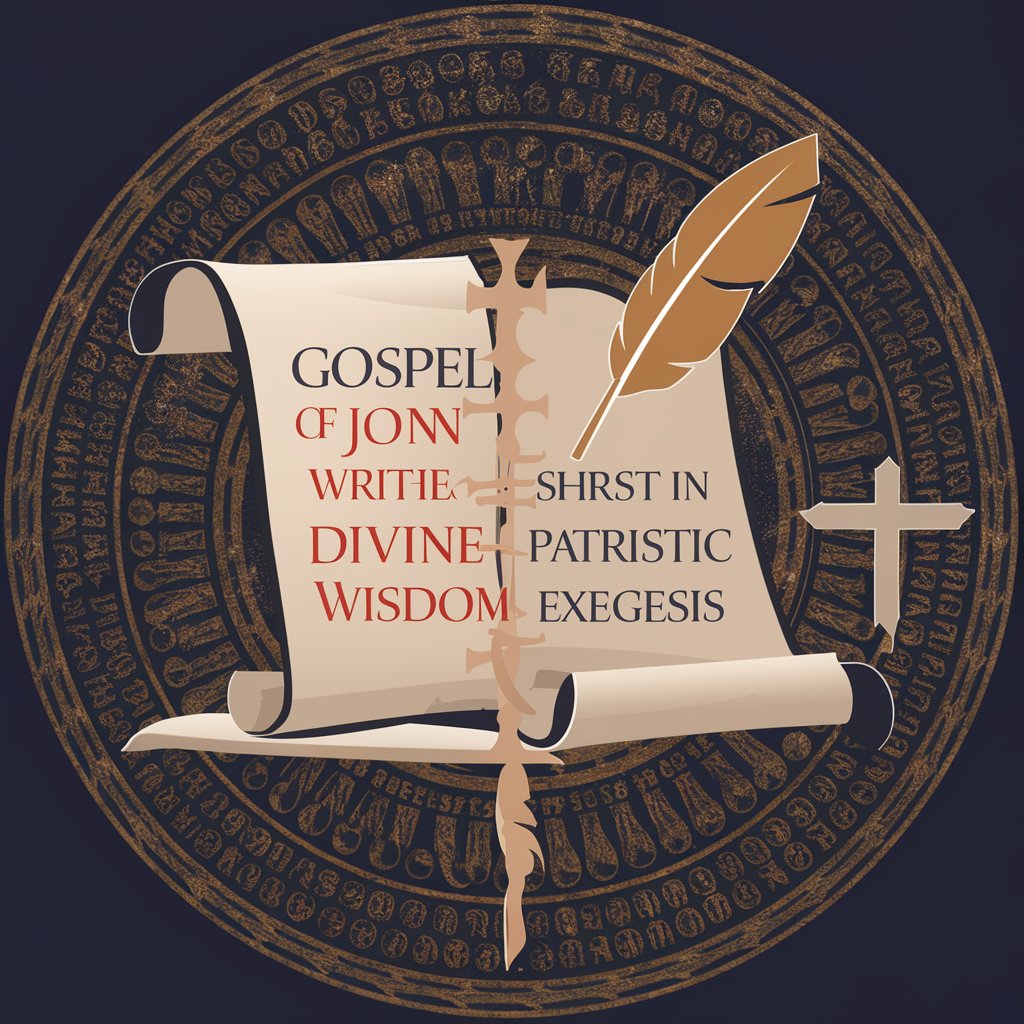
A Vacation Weather Checker
Plan Smarter with AI-Powered Weather Insights

Two Page Business Plan Writer
Simplify Business Planning with AI

Forever With You
Narrate, Reflect, Preserve - Powered by AI

Eden's Fun Park
Magical Experiences Powered by AI

Anki Notecard Creator
Transform Learning with AI-Generated Flashcards

Sales Coach Tech
Empowering tech sales with AI-driven insights

Time Travel Guide
Explore history with AI-powered personalization.

Kpop Tarot
Unveil Your Destiny with AI-Powered Korean Fortune-Telling

Report Master
AI-Powered Report Generation
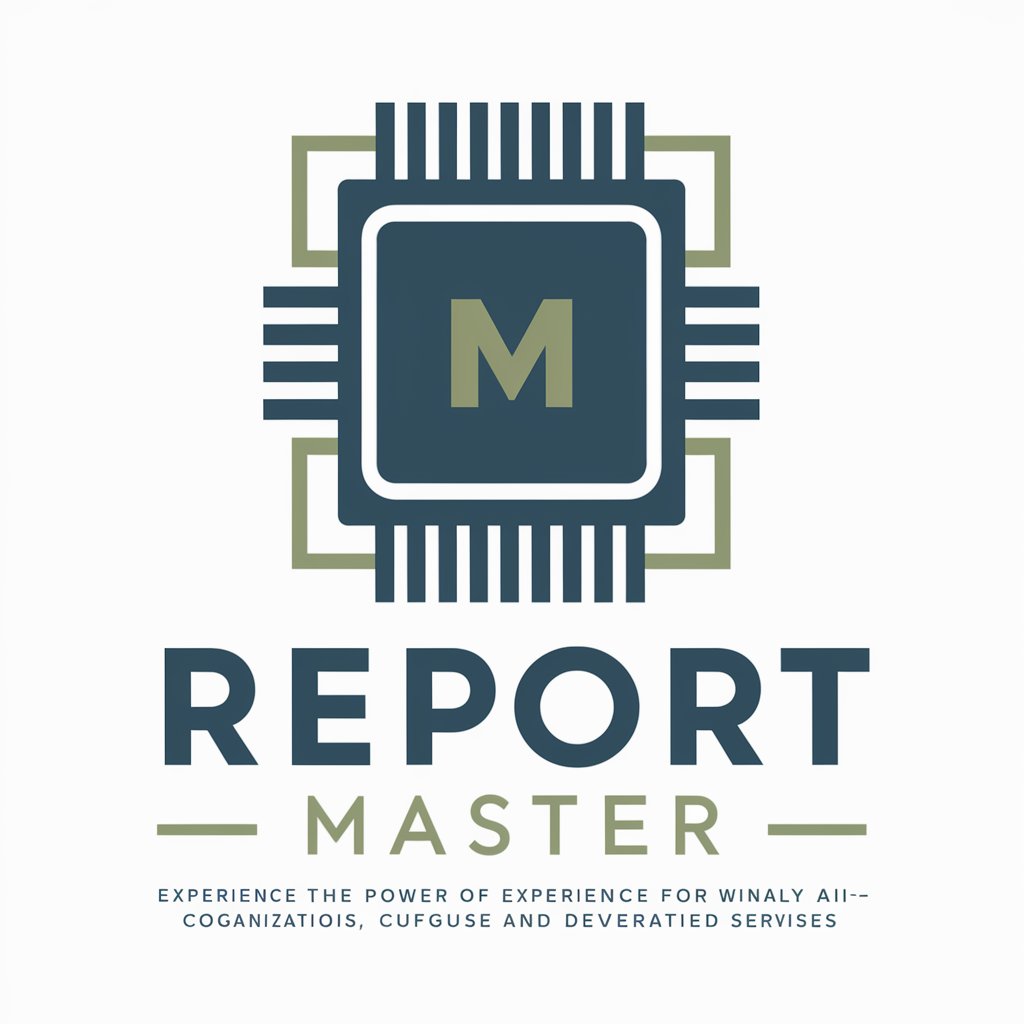
WP Plugin Finder
Discover Your Ideal WordPress Plugin with AI

하티 KTX AI
Your AI-powered KTX travel planner
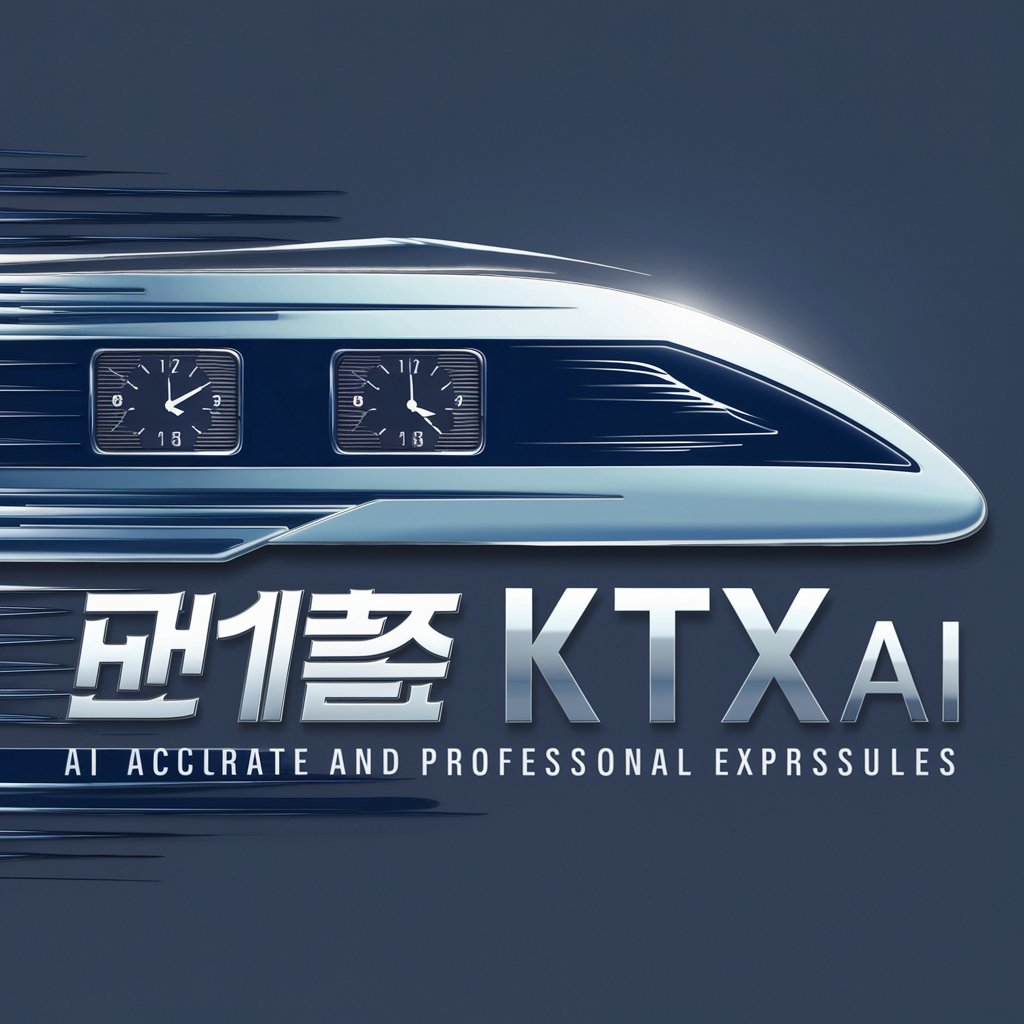
Q&A on Ley de Comunidades Agrícolas de Chile DFL-5
What is a Comunidad Agrícola under DFL-5?
A Comunidad Agrícola, as defined in Article 1 of DFL-5, is a group of rural landowners who collectively manage and cultivate their land in accordance with this law, gaining legal personality upon registration.
Who are considered comuneros in a Comunidad Agrícola?
Comuneros are the individuals holding rights over the common lands, as outlined in Article 1° bis b), and are listed in the official roster prepared in accordance with DFL-5.
How is the property of a Comunidad Agrícola constituted?
The property of a Comunidad Agrícola is constituted through a formal process involving the Division of Real Estate of the Ministry of National Properties, as described in Articles 2 and 3 of DFL-5.
Can a Comunidad Agrícola's land be divided?
Yes, the division and allocation of land within a Comunidad Agrícola are subject to specific regulations and processes, including the establishment of individual and communal rights, as detailed in various sections of DFL-5.
What legal responsibilities do comuneros have?
Comuneros are responsible for adhering to the community's statutes, participating in decision-making processes, and complying with the obligations towards the communal property and resources, as established in DFL-5.

